12 Ways To Stay Safe While Traveling Alone By Car
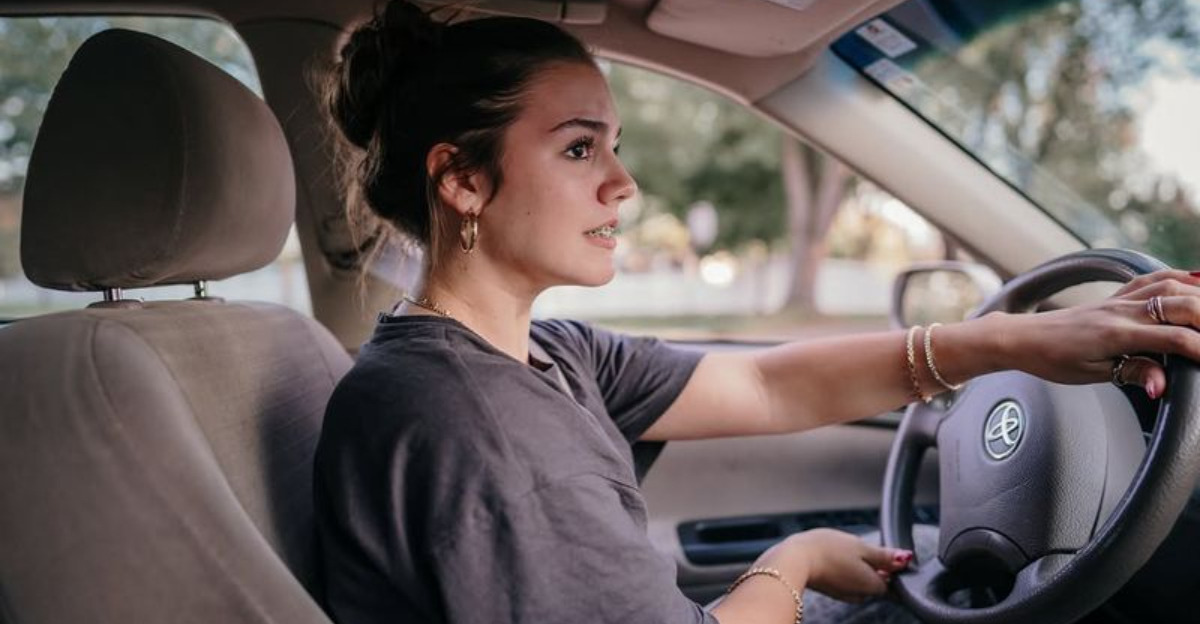
There’s nothing quite like the freedom of hitting the open road solo—windows down, playlist up, and adventure ahead. But while the thrill of the drive is real, so is the need to stay smart and safe along the way. Whether you’re weaving through city traffic or chasing sunsets down remote backroads, a little preparation goes a long way.
With the right mindset and a few savvy habits, you can keep the journey smooth, stress-free, and unforgettable. Think of this guide as your invisible co-pilot, keeping you one step ahead on every stretch of highway.
1. Plan Your Route Ahead Of Time
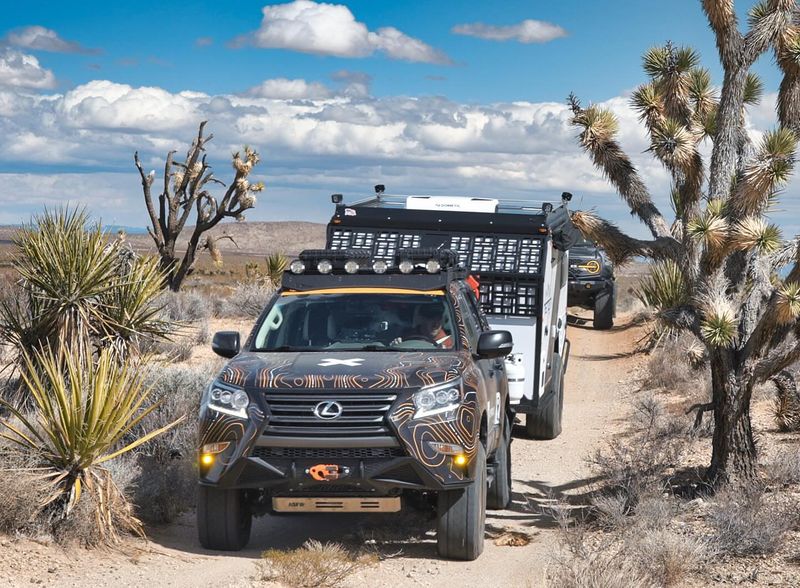
Before hitting the open road, proper planning can be your guiding star. It’s not just about knowing where you’re going, but also about avoiding less-than-desirable areas. Navigation apps are your best friend here, offering real-time updates and alternative routes.
However, technology isn’t infallible. Checking for roadworks or closures ahead of time can save you from unexpected detours. With a map in hand, or at the very least downloaded offline, you’ll steer clear of potential pitfalls and travel with peace of mind.
2. Share Your Itinerary With Someone You Trust

Traveling solo doesn’t mean going it alone completely. Sharing your itinerary with a trusted friend or family member is like having a backup safety net. Make sure to include your stops, estimated arrival times, and accommodation details.
Frequent check-ins reassure those waiting on the other end that all is well. In case of an emergency, your designated contact will know where you’ve last been. It’s not just about safety; it’s about staying connected with those who care about you.
3. Keep Your Car In Top Shape
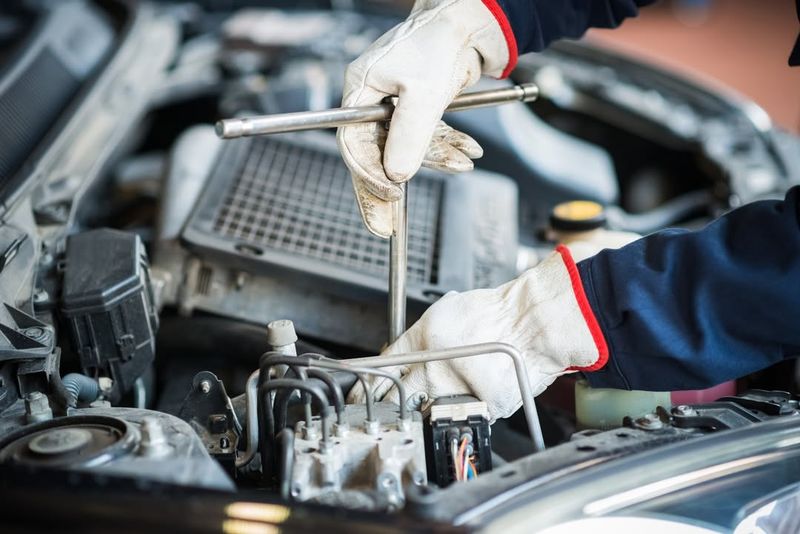
Your vehicle is your chariot, and like any trusty steed, it needs to be in top condition. Regular maintenance checks, especially before a long journey, are non-negotiable. Pay close attention to the brakes, tires, and fluids; these are your best friends on the road.
A battery test and a peek under the hood might reveal issues before they become problems. Preventive care avoids breakdowns and keeps you rolling smoothly. Remember, a well-maintained car is a happy car, and a happy car is a safe car.
4. Always Have A Backup Navigation Option
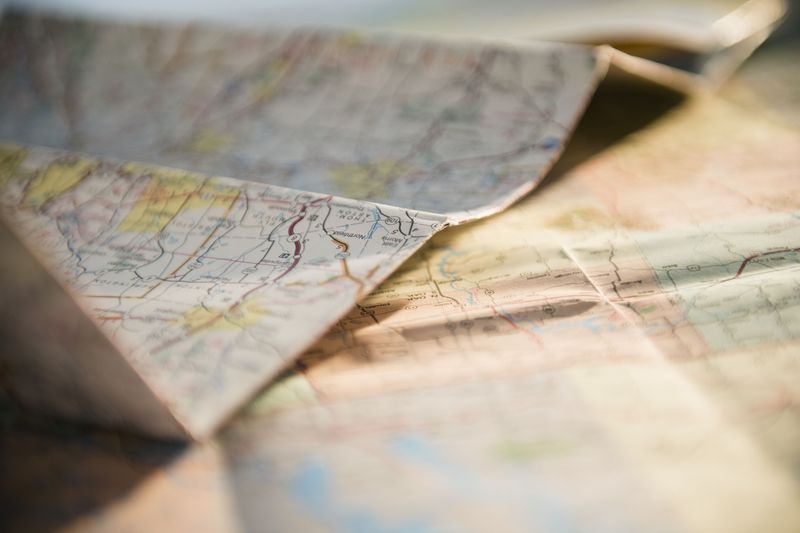
In the age of digital convenience, losing GPS signal can feel like being cast adrift. That’s why having a backup navigation system is essential, especially in remote areas. Apps with offline maps are a great solution.
But don’t underestimate the power of a classic paper map. They don’t rely on batteries or signal strength and can be a lifesaver when technology fails. Prepare for the unexpected and you’ll navigate any road with confidence.
5. Avoid Driving At Night In Unfamiliar Areas
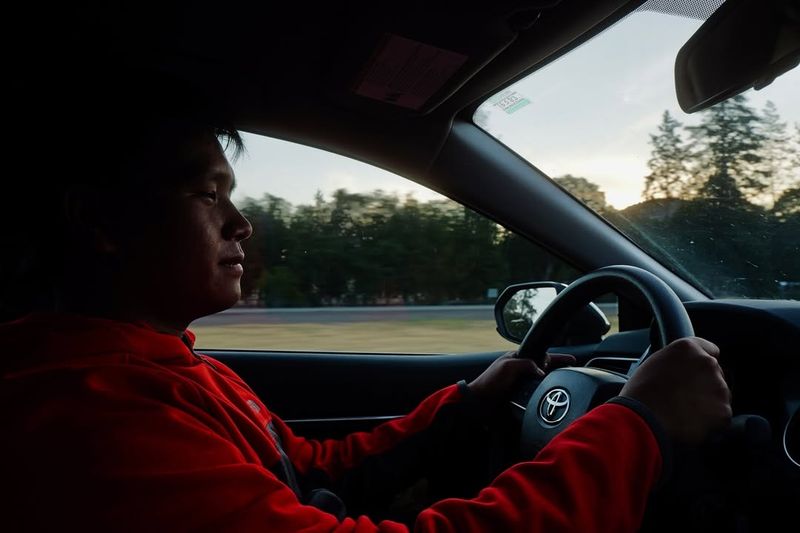
Nighttime transforms roads, making even the familiar feel foreign. In unknown areas, this effect is magnified. The risks are higher, from low visibility to the unpredictability of nocturnal wildlife.
By planning your travels to arrive before dusk, you minimize these hazards. If night driving is unavoidable, stay extra vigilant and keep your lights in top working order. The night may hold mysteries, but your journey needn’t be one of them.
6. Stay In Well-Lit, Populated Places

Choosing where to rest your wheels is as important as choosing where to steer them. Well-lit, populated areas offer safety in numbers and visibility that deters potential threats.
Look for places with regular foot traffic, such as rest stops near businesses or main roads. These locations provide the security of light and the comfort of fellow travelers nearby. It’s your sanctuary amid the vastness of the road.
7. Keep Doors Locked And Windows Up When Parked
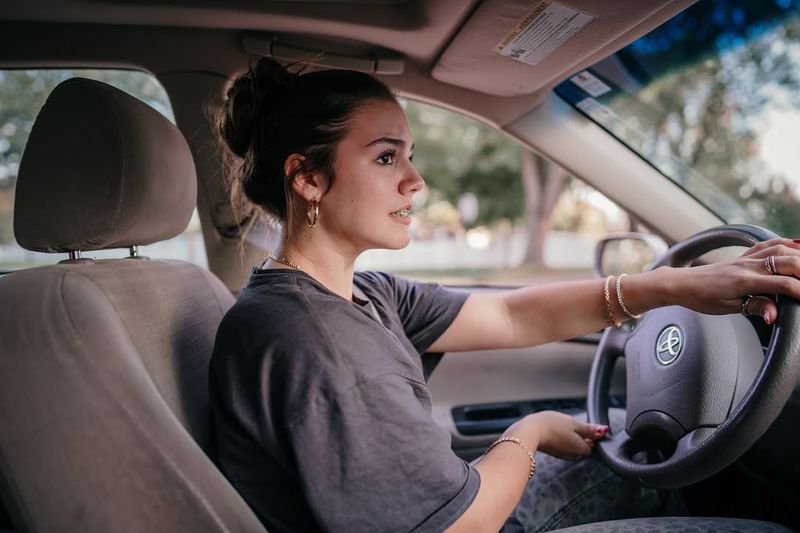
Sometimes the simplest habits are the most effective. Keeping your doors locked and windows up when parked is a fundamental practice. It acts as a deterrent to opportunistic threats while you’re stationary.
Whether at a gas station or a rest stop, this habit protects both you and your belongings. Consider it your first line of defense, a minor effort for major peace of mind.
8. Pack An Emergency Kit And Know How To Use It
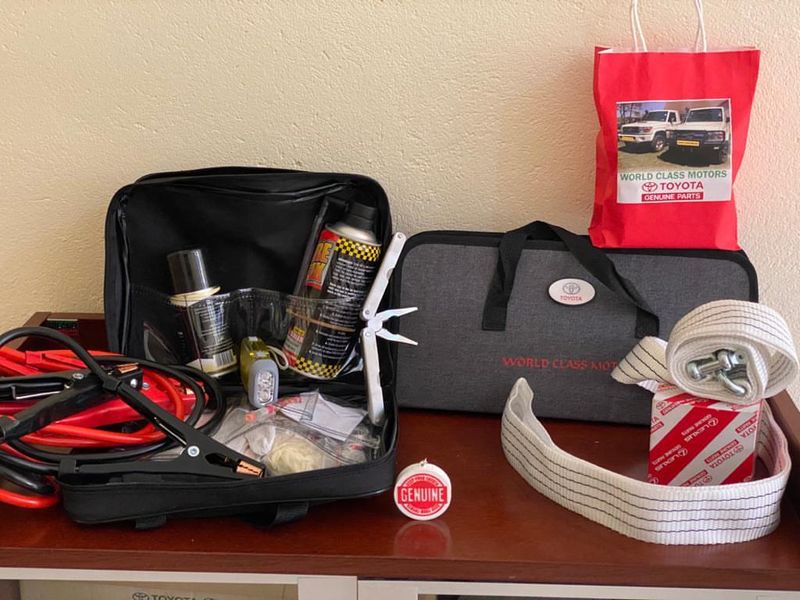
You never know what can happen on the road. Think of an emergency kit as your Swiss Army knife on wheels. Packing essentials like a flashlight, jumper cables, and a first aid kit prepares you for the unexpected. Knowing how to use each item is equally crucial.
A spare tire and basic car repair skills can be the difference between a minor hiccup and a major ordeal. It’s about being ready to tackle roadside challenges with confidence and competence.
9. Be Mindful At Gas Stations And Rest Stops
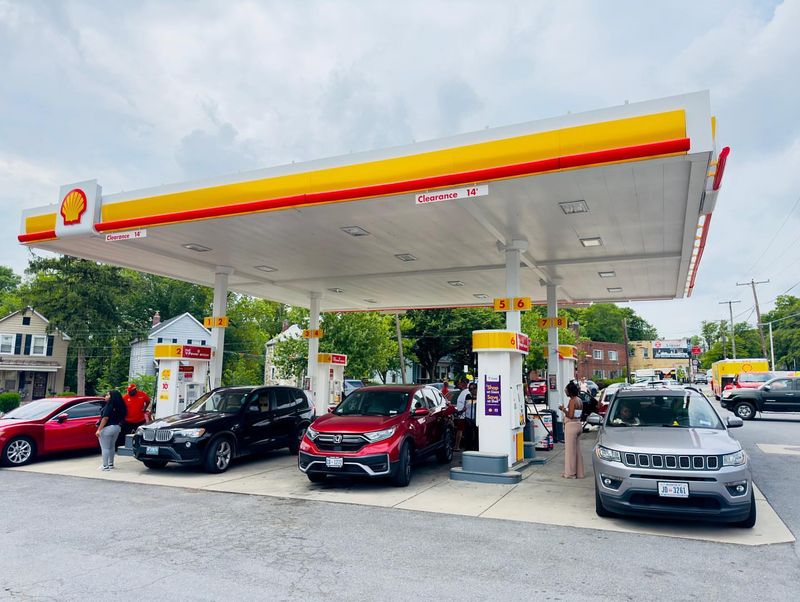
Filling up the tank can be a pit stop fraught with potential pitfalls. Staying alert at gas stations and rest stops is key. Avoid isolated areas, and keep an eye on your surroundings.
Limit the time spent outside your vehicle, and lock it when stepping away. These are simple strategies to enhance your security during necessary breaks on the road.
10. Limit Distractions While Driving

Driving passtime is the stealthy culprit of road incidents. Keeping distractions at bay is crucial for safe solo travel. Use hands-free devices for calls, and set your playlist before you start.
Snacks? Keep them accessible so you can grab a bite without losing sight of the road. By minimizing distractions, you ensure a journey that’s as smooth as it is safe.
11. Trust Your Instincts And Avoid Risky Situations
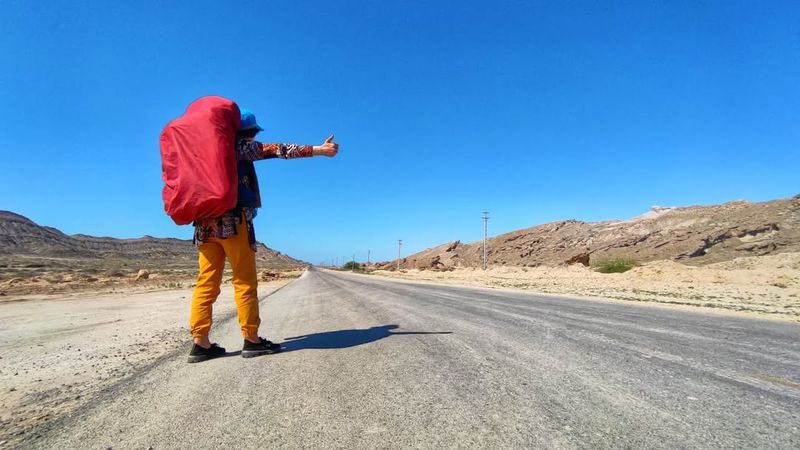
Sometimes, your gut know best. If a situation feels off, it probably is. Trust your instincts to guide you away from potential risks.
Whether it’s leaving a location that gives you the creeps or taking a detour because the road ahead looks sketchy, your intuition is a valuable co-pilot. Listen to it and avoid unnecessary risks.
12. Have A Communication Plan For Low-Signal Areas
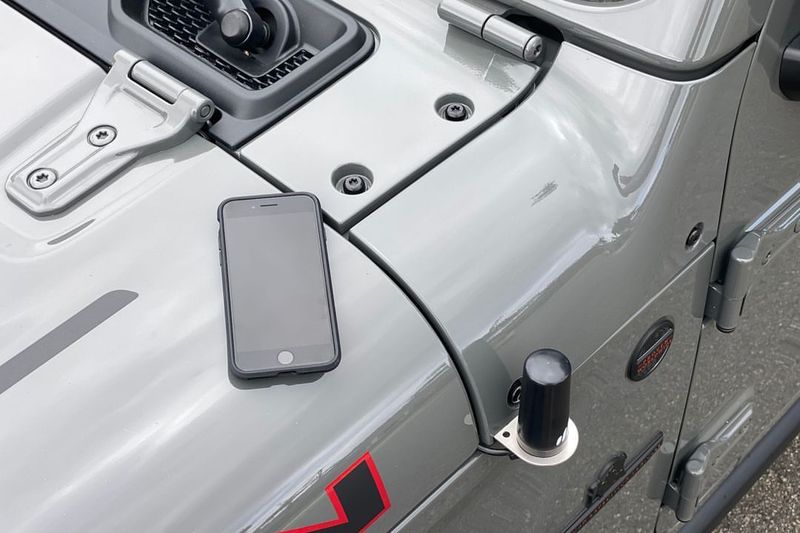
In the vast expanses where phone signals fade, a communication plan becomes your lifeline. Tools like satellite messengers or signal boosters can keep you connected when networks fail.
Even printed contact info can be a vital resource. By planning for low-signal scenarios, you ensure that help is always within reach, no matter how remote your journey becomes.
